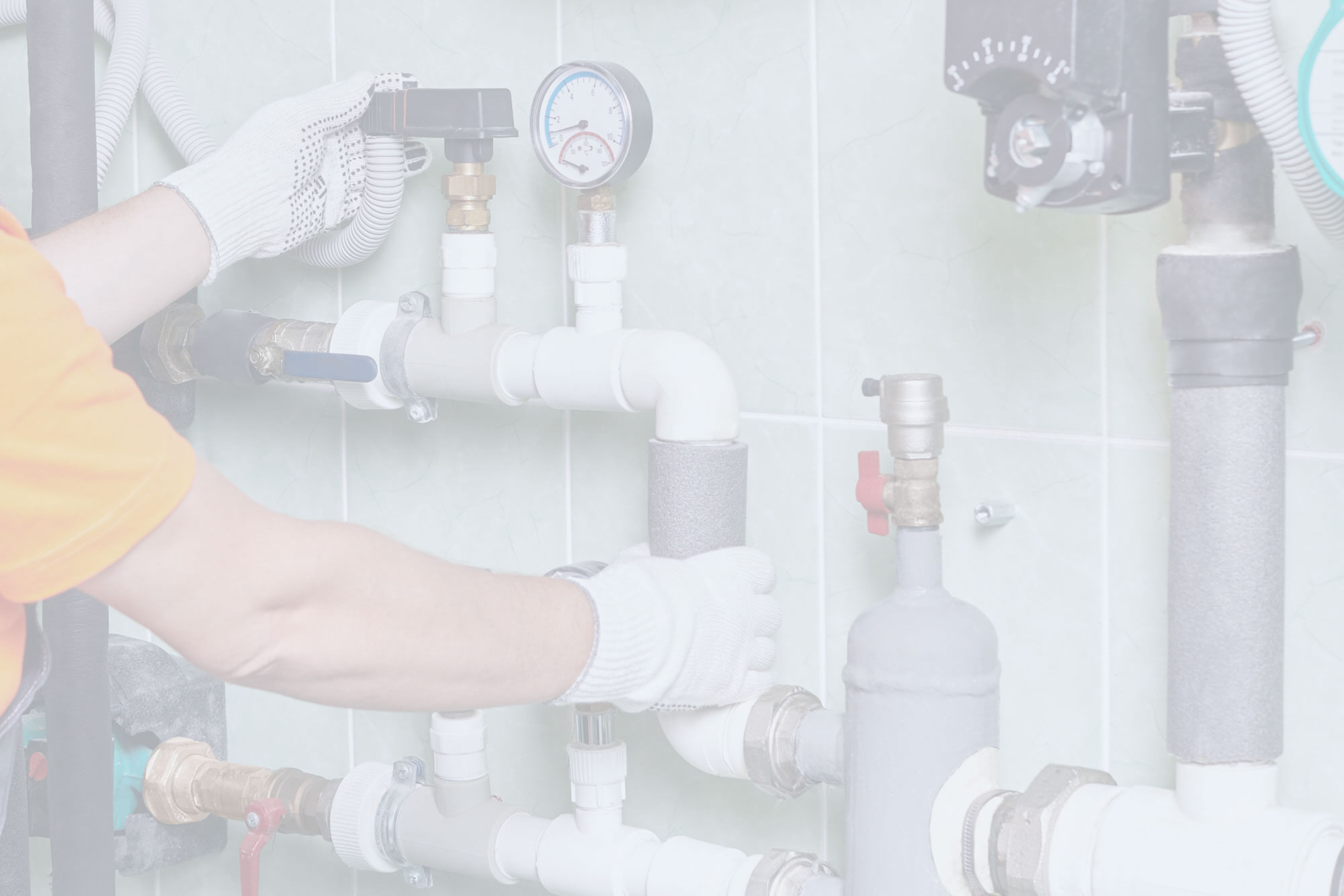If you’re in Myrtle Beach, Conway, North Myrtle Beach, Surfside Beach, Carolina Forest, Socastee, Garden City, Little River, Loris, or Aynor, this guide explains exactly how to choose the right water heater installation and when repiping makes sense—so you get reliable hot water, better water pressure, and long‑term savings.
SOS Plumbing is a local Horry County plumber that installs and services tank and tankless water heaters and performs whole‑home repiping. Below we share expert tips, clear timelines, and what to expect during installation—so your project is smooth from quote to final inspection.
Why Horry County Homes Often Need New Water Heaters or Repiping
Coastal living is beautiful—but our mineral content, salt air, and humidity can shorten the life of plumbing systems. Add in older galvanized or polybutylene pipes still found in many neighborhoods, and you get a perfect recipe for leaks, rust, and unpredictable hot water.
Common signs it’s time to act:
- Inconsistent hot water or longer warm‑up times
- Rust‑colored water or metallic taste (often from tank corrosion)
- Higher energy bills despite the same usage
- Frequent leaks or visible corrosion on pipes/fittings
- Low water pressure, pinhole leaks, or recurring slab/leak‑in‑wall issues
Water Heater Options (Tank vs. Tankless)
1) Conventional Tank Water Heaters
- Best for: Simple replacement, lower upfront cost
- Fuel types: Electric or gas
- Typical lifespans: ~8–12 years (with regular maintenance)
- Pro tip: Right‑sizing matters. Oversized tanks waste energy; undersized tanks frustrate families.
2) Tankless (On‑Demand) Water Heaters
- Best for: Space savings, endless hot water, high efficiency
- Great fits: Larger families, vacation rentals, “multi‑shower mornings,” soaking tubs
- Typical lifespans: ~15–20 years (with descaling/maintenance)
- Pro tip: Proper gas line sizing, venting, and water quality treatment (if needed) are essential for performance and warranty.
Quick rule of thumb: If your existing unit is over 8–10 years old, needs multiple repairs, or can’t keep up, replacement is often the smarter long‑term play.
What Size Water Heater Do I Need?
- 2–3 people: Often 40–50 gallon tank or a 7–9 GPM tankless (depending on fixtures)
- 4–5 people: Often 50–80 gallon tank or 9–11 GPM tankless
- 6+ people / luxury showers: Consider 80 gallon tank or 11+ GPM tankless and/or multiple units
Important: Flow rate (showers, tubs, concurrent use) and incoming groundwater temperature affect sizing. SOS Plumbing will calculate your demand and recommend right‑sized options.
When Repiping Is the Right Move
You don’t always need a full repipe—but it’s the clear fix when you have:
- Repeated leaks (especially on aging galvanized or polybutylene)
- Discolored water, scale, or rust flakes from old lines
- Low water pressure from internal pipe corrosion
- Remodels/additions that stress an already weak system
Common materials we install:
- PEX (cross‑linked polyethylene): Flexible, corrosion‑resistant, quick installation
- Copper: Durable, excellent in many applications (requires proper workmanship/water chemistry considerations)
Tip: If you’re replacing a water heater on a home with failing lines, bundling a repipe + water heater can save labor time, reduce drywall patching, and get you back to normal faster.
Our Process (What to Expect)
Water Heater Installation
- In‑home evaluation & sizing
- Code‑compliant install (pan, expansion tank/relief, venting, drain, gas line sizing as applicable)
- Startup & safety checks (combustion/venting, leak tests, electrical)
- Owner walk‑through (maintenance, warranty, descaling schedule for tankless)
Whole‑Home Repiping
- Mapping & material plan (PEX or copper based on home/needs)
- Shut‑offs & staging (protect flooring/furnishings; isolate zones)
- Replace supply lines and install new shut‑off valves
- Pressure test and flush system
- Drywall patching guidance (we make clean cuts; patching coordinated per project)
- Final inspection & walkthrough
Typical Timelines
- Standard tank replacement: Often same day once materials are on site
- Tankless conversion: Usually 1 day (gas/venting upgrades can extend)
- Whole‑home repipe: 1–3 days for many single‑family homes; larger/complex homes can take longer
Cost Drivers (Transparent Expectations)
Every home is unique, but these factors drive the price:
- Equipment: tank vs. tankless, capacity, efficiency rating
- Access & complexity: attics, tight mechanical closets, multi‑story, condo/HOA requirements
- Code upgrades: gas line upsizing, venting, drain pans, expansion tanks, seismic strapping as required
- Repipe scope: number of fixtures, drywall access, manifold design, material choice (PEX vs. copper)
We provide upfront pricing before work begins—no surprises.
Maintenance = More Years of Hot Water
- Annual flushing for tank models (removes sediment, preserves efficiency)
- Descaling for tankless (frequency depends on water quality)
- Anode rod checks (for tank longevity)
- Leak inspections and pressure checks during seasonal tune‑ups
Frequently Asked Questions
Q: Do I need a permit?
A: Most cities in Horry County require permits for water heater replacement and repiping. SOS Plumbing handles the paperwork and schedules inspections when needed.
Q: Will I be without water?
A: For water heaters, downtime is usually just the installation day. For repipes, we stage work to minimize outages and keep essential fixtures available as much as possible.
Q: Electric vs. gas—what should I choose?
A: It depends on existing hookups, operating cost preferences, and hot‑water demand. We’ll model both options so you can decide confidently.
Q: Is tankless always better?
A: Tankless offers efficiency and endless hot water, but requires proper sizing, venting, water quality considerations, and sometimes gas upgrades. Many homeowners love it; others prefer a high‑quality tank replacement. We install both every week.
Q: How long does a repipe last?
A: Properly installed PEX and copper systems can last decades. We select materials and fittings for our coastal climate and stand behind our workmanship.
Why Horry County Homeowners Choose SOS Plumbing
- Local expertise with coastal plumbing realities
- Code‑compliant installs and attention to detail
- Clear timelines & communication from quote to inspection
- Respect for your home: protective floor coverings, clean cuts, tidy job sites
Our goal is simple: reliable hot water, better pressure, and leak‑free peace of mind—for years to come.
Get Your Free Evaluation
Have questions about water heater installation, tankless upgrades, or repiping? Let’s walk your home together and build a plan that fits your budget and timeline.
Call 843‑467‑7505 or contact us.
While you’re here, see our full list of services on SOS Plumbing Services.
Water Heater Installation & Whole‑Home Repiping: The 2025 Homeowner Guide, Myrtle Beach, SC
If you’re in Myrtle Beach, Conway, North Myrtle Beach,







